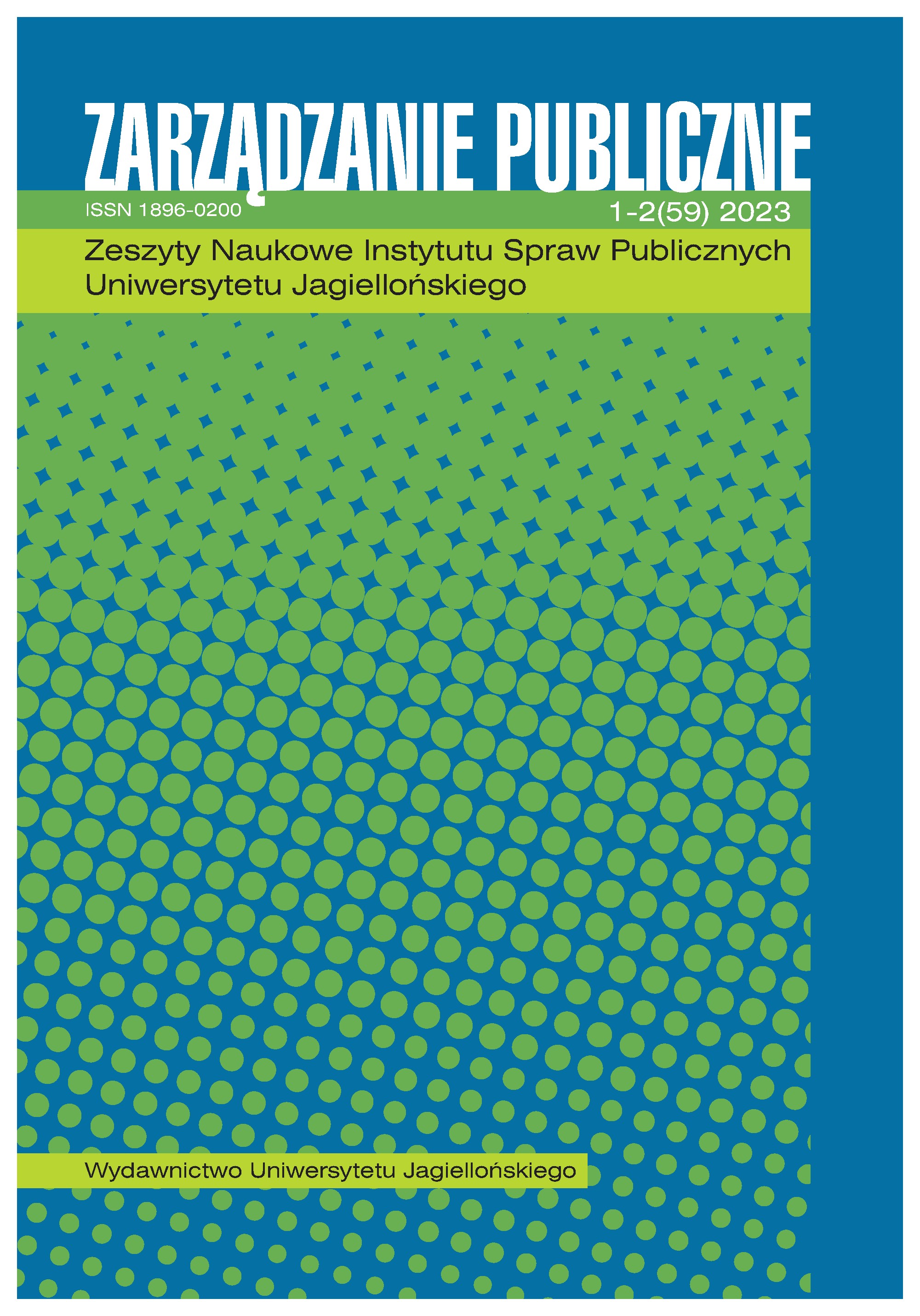Development of non-public forms of education created and managed by citizens – summary of time perspectives
Development of non-public forms of education created and managed by citizens – summary of time perspectives
Author(s): Aleksandra BerkowiczSubject(s): Civil Society, School education, History of Education, State/Government and Education
Published by: Wydawnictwo Uniwersytetu Jagiellońskiego
Keywords: social changes; education in Poland; non-public schools; civil society
Summary/Abstract: In the Polish People’s Republic (PRL), almost all schools were state-owned and served a subservient role to the communist system. Non-public schools in Poland, which developed in the late 1980s, are either charter schools run by the NGOs or private schools run by the individuals. The development of non-public schools in Poland was a manifestation of a grassroots initiative of civil society, which did not approve of the totalitarian ideology implemented in public schools and the dysfunctional, backward way of managing these schools. The aim of the article is to present the dynamics of the development of non-public forms of education in Poland in the years 1989–2014. The study used quantitative methodology – statistical data obtained by information registers of public administration. The compilation of this data allowed to show the development dynamics of non-public schools in Poland and the development direction of this phenomenon. The analysis of the existing data made it possible to draw a specific map of the development of non-public schools according to the number of schools, students, and teachers, also taking into account the geographical distribution of these schools in individual Polish voivodships. The conclusions of the research confirm the thesis that the creation and development of private schools is a phenomenon that was a social work from the beginning – a bottom-up initiative of civil society. The article fills the research gap through a synthetic approach to the development of education alternatives to the public education in Poland, in which the responsibility for the partial task implementation of meeting needs and providing well for the students in the context of education was taken over by citizens instead of the state. It also aims at spreading awareness among scientists and society of the importance of the issues raised in the text, while inspiring the participation of citizens in social life and their specific impact, the strength of which results in the changes made on the surrounding reality.
Journal: Zarządzanie Publiczne
- Issue Year: 59/2023
- Issue No: 1-2
- Page Range: 55-71
- Page Count: 17
- Language: English

